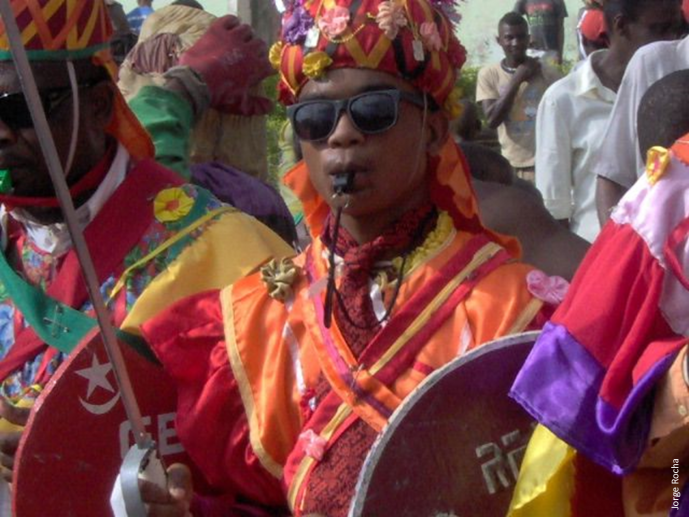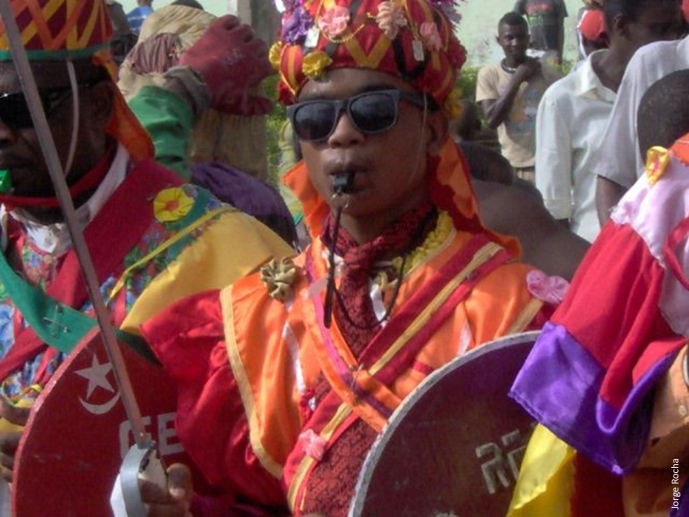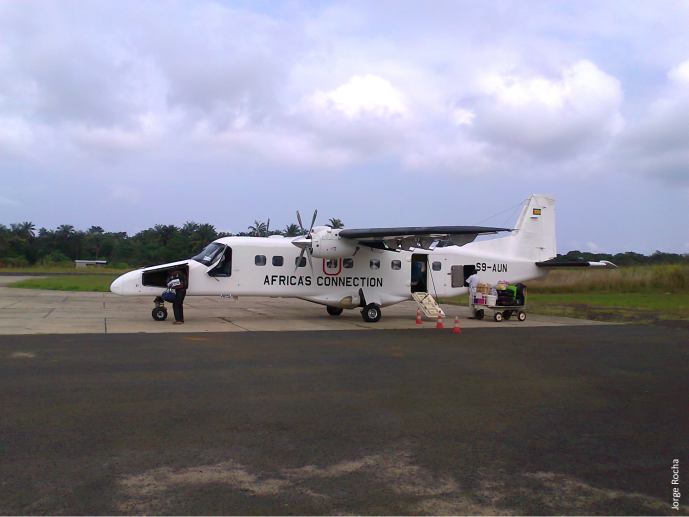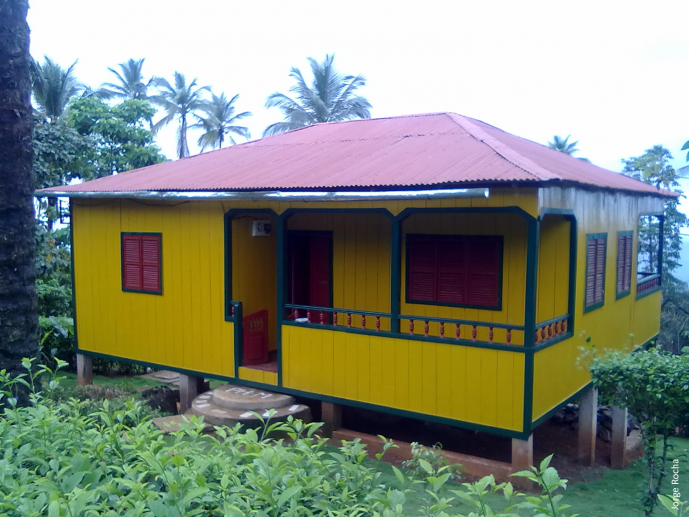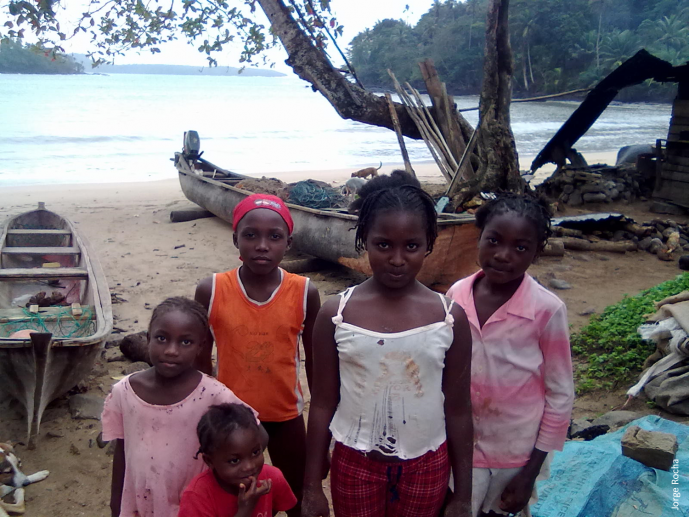The origins and development of creole societies in the Gulf of Guinea: an interdisciplinary study
In this project we explore the hypothesis that the presence of an African founder slave population from the old kingdom of Benin (Nigeria) in the early settlement on S. Tomé left a strong imprint on linguistic, genetic and anthropological creolization of populations of the Gulf of Guinea (GG) islands São Tomé, Príncipe and Annobón during the early settlement and consolidation stages (1493-1600).
The early contact between African slaves and Portuguese settlers on S. Tomé created the right environment for the birth of a new language, the proto-creole of the GG, which quickly spread in time and space into four different creole languages that are spoken on three islands: on S. Tomé, Santome (São-Tomense, Forro) is the direct descendant of the proto-creole and Angolar is arguably the result of maroonage from the initial settlement; on Príncipe, the local creole is known as Lung’ie (Principense); on Annobón, the creole is locally known as Fa d’Ambô. These four Portuguese-related creoles are spoken by historically self-identifying groups and are, to different extents, endangered languages. The fact that the Gulf of Guinea creoles (GGCs) are relatively well documented allows us to compile a corpus comprising linguistic data and carry out lexical and grammatical comparisons through automatic processing in order to reconstruct the proto-creole of the GG. The reconstructed language will then be typologically compared with the relevant African strata in order to assess the linguistic impact of the founder slave population. The linguistic results will be compared with findings from genetics in order to determine to what extent genes and languages co- evolved in the GG.
Maria Amália Pereira Mendes Arlindo Manuel Carrasco da Silva Caldeira António de Almeida Mendes Rita Margarida Gamito Gonçalves Michel Genereux Iris Helena Emelie Hendrickx - Dekkers Ota Ogie Armando Zamora Segorbe Tom Gueldemann Philippe Alain Pierre Maurer-Cecchini Parth Markand Bhatt Gabriel Antunes de Araujo, Abigail Tiny Cosme
